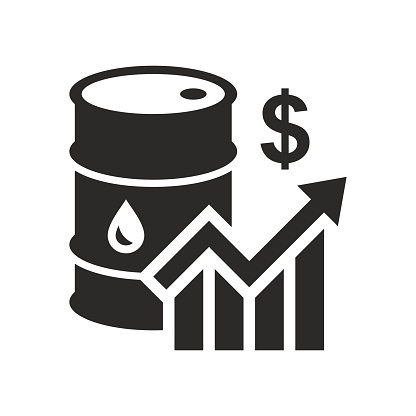What an unprecedented Spring we have had. The industry is currently experiencing new challenges that we have not had to overcome before. One thing remains constant, though. Ways to keep costs down. Throughout this year, I have had numerous discussions on how my customers can reduce costs as their customers are becoming more concerned. Two main topics have come to the forefront biodiesel and premium diesel :
- In my territory, consumers ask about how biodiesel is incentivized and the savings it could result in.
- The use of premium diesel increases efficiencies and reduces costs through better engine performance.
Starting with biodiesel, the main reason for these questions is because biodiesel is incentivized and typically offered at a reduced cost compared to #2 ULSD. Through these discussions, I have explained that biodiesel is manageable, can be utilized if warranted, and what best practices should be followed to care for their customers properly. Later, I will explain some points about biodiesel and recommendations for successful usage.
Another way to reduce costs is by differentiating its business model from the “low-cost provider” through a premium diesel package. With fuel prices are high as they are right now, every gallon matters. By providing exceptional premium diesel fuel, users optimize engine performance, increase MPG, extend equipment lifecycle, and prevent premature maintenance. All of this will result in significant savings for end users. For example, increasing MPG by 3.5% can save a customer as much as $0.17 per gallon when fuel costs $5.00! Becoming the highest quality fuel provider can create exceptional opportunities compared to everyone trying to be the cheapest provider.
Facts about biodiesel:
- Biodiesel (B100) can hold up to 10x more moisture.
- Biodiesel naturally has less oxidative and thermal stability compared to traditional #2.
- Biodiesel naturally has fewer BTUs (power) than #2 ULSD.
- Biodiesel adds lubricity to the fuel.
- Biodiesel typically increases cetane 1-2 points for every 10%.

Best practices & recommendations:
- Maintain a high level of moisture control to prevent moisture separation and formation of water bottoms
- Use a premium diesel package containing the highest rated detergent package
- Monitor fuel systems to defend against an increased level of contaminants
- Use advanced detergents to clean the fuel system resulting in optimized engines
- Preventatively treat tanks for microbial contamination
- Ensure your product contains a strong stability package
- Pre-emptively communicate with customers about common problems associated with biodiesel blends
Author: Alex Bradley, Market Development and Account Management (abradley@teametp.com)
